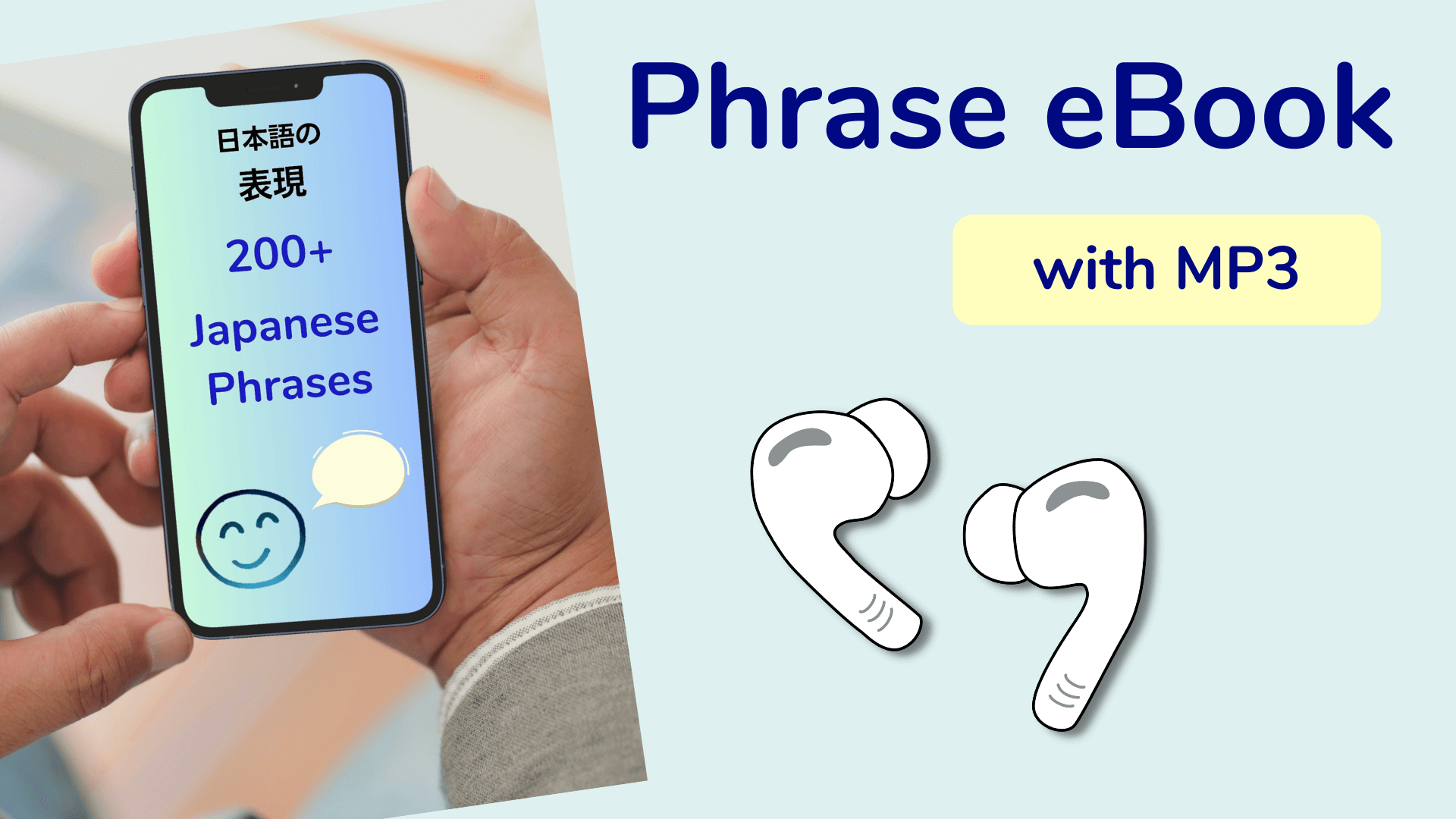Recently I’ve been asked about the spelling of Konnichiwa in Hiragana. Is it こんにちは or こんにちわ? Which is correct and why?
The answer is こんにちは with は (Hiragana HA) at the end instead of わ (Hiragana WA) although the phrase is pronounced “KonnichiWA.”
Why? Because the WA in this particular phrase is a particle (Topic Marker). Yes, it is the same WA that you would see in a sentence like this:
すしはおいしいです。Sushi WA oishii desu.
(As for sushi, it’s delicious. = Sushi is delicious.)
Why Use Particle は WA?
“Wait. Why do we need to use the particle WA in this phrase?” Good question! This phrase, in fact, is an incomplete sentence and こんにちは Konnichiwa is only the beginning part of it.
Let me explain step by step.
The word こんにち Konnichi is an old Japanese word meaning “today” so it is same as きょう Kyoo in modern Japanese. Thus, こんにちは Konnichi WA by itself literally means “as for today” and it was the topic of the original phrase.

Traditionally, to greet each other, people used to say things as below after Konnichi WA.
こんにちは よいおてんきですね。Konnichi WA yoi otenki desu ne.
(As for today, it is a beautiful day, isn’t it?)
こんにちは ごくろうさまです。Konnichi WA
(As for today, thank you for your hard work)
こんにちは ごきげんいかがですか。Konnichi WA
(As for today, how are you?)
Gradually, people stopped saying the entire phrases (Sad, I know) and only the beginning part こんにちは has remained as a greeting in modern Japan.
Same goes with Konbanwa こんばんは, by the way. こんばん means tonight or this evening, so こんばんは literally means “As for this evening.” Again, it is the beginning part of a phrase like:
こんばんは よいつきよですね。Konban WA yoi
(As for this evening, it is a lovely moonlit night, isn’t it?)

Even Native Speakers Get Confused
Now you know if you should
However, you may see even Japanese native speakers often spell it こんにちわ or こんばんわ. It is because people became more accustomed to writing as they pronounce rather than paying attention to its meaning or origin.
It may be similar to the mistakes that English speakers make such as spelling “there” for “their” or “night” for “knight.”
Language always changes. People would shorten a lengthy word or drop certain sounds that are hard to pronounce. In the future, everyone may
I hope it won’t be the case for a long time since I so cherish the history and graceful aspects of our language which is disappearing quickly in modern Japan.
Hope this post helped you to clear the confusion you had between こんにちは or こんにちわ. 🙂
Get the Japanese Phrase eBook
This eBook comes with MP3 audio files that you can download to practice your listening comprehension or pronunciation of phrases.
Learn over 200 Japanese phrases in the eBook. Each phrase is labeled as either Formal or Informal speech, and it’s noted whether it is primarily used by males or females.
Sample MP3
Here is a sample MP3 of the phrases #1-12 shown above.
Happy learning. では、また!Dewa, mata! ☺️


Thank you! I’m learning Japanese and find this confusing too!
Hare-san, I’m glad the article was helpful. ?
ありがとう 先生!
I am currently in the process of learning Japanese and am still very early in my lessons. This phrase kept making me slip up, but having these actual reasons for the use of は instead of わ, rather than “that’s just the way it is” is VERY helpful. I hope that this now gets locked in my brain.
Thank you very much,
Will
Willさん、I’m glad the lesson was helpful! ?
Best of luck to you with your Japanese learning journey. がんばってください。
Sensei, thank you so much for this useful information.
I’m Ayun, a japanese teacher in Indonesia. my student asked me about this (こんばんわ or こんばんは), and i don’t have any idea how to answer. lucky me, I found you 😀
Ayunさん、
I”m glad the information was helpful for you and your students! ?
日本語をおしえる仕事、がんばってくださいね。